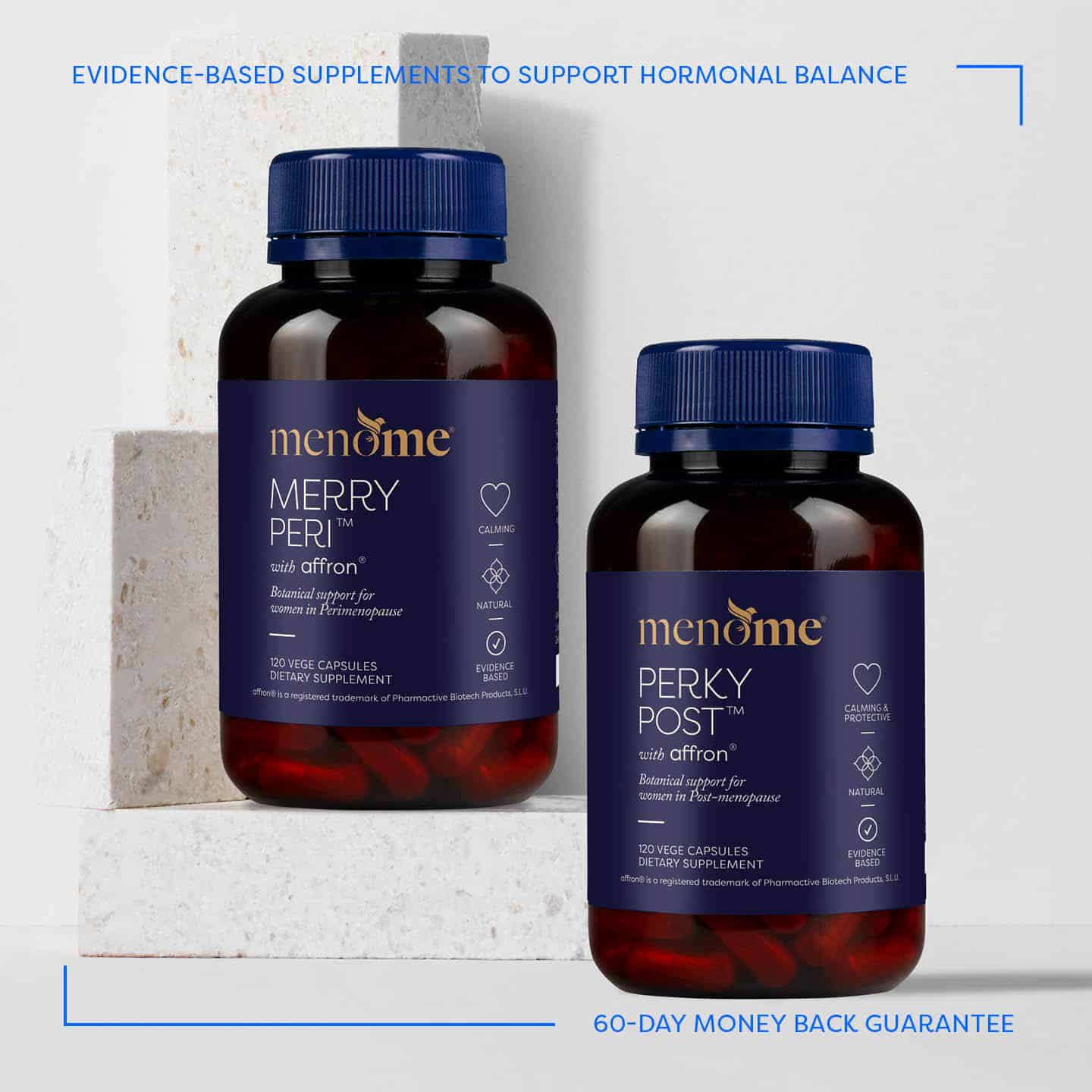Other women’s personal stories about menopause can be enormously helpful to our own experiences.
There’s a power in knowing we’re not the only ones going through this transition and discovering we’re normal! 😀
In this piece, Toni Edwards shares the story of her journey with us.
 Hi, I’m Toni and this is my personal story.
Hi, I’m Toni and this is my personal story.
If you’re a woman around my age, or similarly, you love a woman of a similar age, please read this as it may help.
When I turned 50 last year I thought I was breezing through menopause. No hot flushes, the odd grumpy day but nothing out of the ordinary, everything was awesome! Then it hit.
Before I go on, here’s the simple physiology of menopause.
As we grow older our ovaries slowly reduce production of estrogen over quite a while. However, women need some estrogen, so the idea is that eventually the adrenal glands will take up the slack and produce just enough for us to continue normally. Unfortunately, long periods of stress (and us women are under considerable stress these days being everything to everyone) mean that the adrenal glands have been dealing with so much cortisol (the stress hormone) that they ‘forget’ to produce any estrogen. The ovaries produce less and less and then one day the body freaks out.
There's a power in knowing we're not the only ones going through this transition and discovering we're normal! 😀 Share on X
Despite all the wonderful happy pictures on Facebook, I hit a big fat brick wall a few months ago.
It started gradually with fatigue and feeling down, and quickly progressed to quite a deep depression and overwhelming anxiety.
I’ve always been able to dig deep and pull myself out of down times, but this wasn’t budging. I felt anxiety at simple things I’d been doing for years, like going for a massage.
I found it harder and harder to concentrate.
Brain fog meant I could barely hold an intelligent conversation, so work became difficult.
I had to stop working in the evenings because thoughts of driving into the next lamppost to stop the pain on my way home became more frequent.
Yes, it got that bad and I considered ending my life quite a few times.
I took two weeks off work, cleaned up my diet, did as much exercise as I could, rested when I needed it, and generally tried to destress. I felt ok but still not right.
Eventually, I had to ‘fess up and ask for help. To be honest I wouldn’t be here today if it wasn’t for my amazing husband and some incredibly supportive friends.
I decided to visit my GP who convinced me to try an antidepressant first. He couldn’t prescribe HRT because a history of varicose veins meant I have risk of blood clots, but also because I was so early on the perimenopause journey.
There was no difference in the first six days on the antidepressants. The following four days I just felt numb, not good, not bad. I thought I could handle that, as it meant that I was able to manage some work for a change. But the following four days I was practically a couch potato. I could barely move, I had no motivation, I didn’t even feel like walking the dog or watching a movie.
When I went back to the doctor on day 14 he took one look at me and told me to stop taking the pills immediately. But then he started to suggest we try a different antidepressant!
It took all the strength I had but I said NO. I was going to try the Remifemin from the chemist again and go back in two weeks.
Research
That afternoon I did some research and stumbled across MenoMe that has literally saved my life. After chatting to Jennifer (based in Auckland) on live chat on the MenoMe website I figured I had nothing to lose.
After one week I was able to hold an intelligent conversation again! The fog started to lift. I was cautious about it, thinking it could be a placebo effect, but as the weeks go on I keep improving.
This week I’ve actually been feeling a bit motivated and doing some planning. I finally felt excited about something for the first time in ages. Four weeks ago I was pretty bad nearly every day, now I have one or two ‘bad’ days a week. ‘Bad’ meaning I’m a little teary and need to look after myself. Nothing like before!
Every woman is different, our menopause symptoms are different (I’ve only mentioned a few of mine above). There was also weight gain and bursting into tears at random moments. Lots of fun! But I’m thinking that if MenoMe® has helped me so much in such a short period of time I had to tell other women. Or husbands of other women. It’s absolutely worth a try if you’ve been feeling the effects of menopause.
An addendum from Toni:
I’ve been taking MenoMe for the past couple of months now and have just realised another positive from taking it. The last couple of cycles I’ve had absolutely NO period cramps! I’d been having increasingly painful ones for the past couple of years but lately, nothing. 😀
If you’ve got a story to share please fire it through here. We’d love to compile a library of ‘real stories’ for the sisterhood. It doesn’t have to involve MenoMe, simply your experience and feelings about the meno years would be appreciated.











Thankyou for Sharing Toni, loved reading your story ! ☺️
So helpful isn’t it Leanne. 🙂